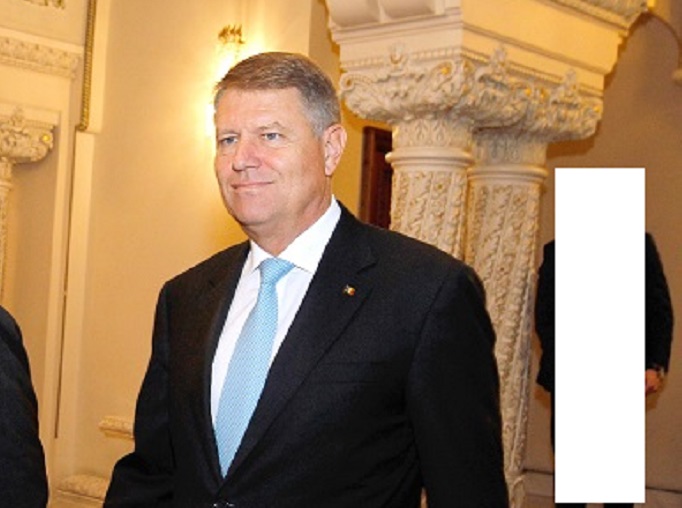Accession to Schengen area remains priority for Romania
Published : 30 Jan 2019, 01:22
The accession to Schengen Area remains a priority for Romania, President Klaus Iohannis on Tuesday told an annual meeting with heads of foreign diplomatic missions accredited in Bucharest.
"I reiterate that Romania's accession to the Schengen Area is still a priority for us, and we are convinced that this approach can make a significant contribution to the consolidation of security for the entire free movement area of the European Union," Iohannis said.
According to local analysts, Romania's accession to the Schengen Area is supported by several key European leaders and institutions in Brussels.
At a ceremony to launch Romania's first EU presidency in Bucharest on Jan. 11, both European Commission chief Jean-Claude Juncker and President of the European Parliament, Antonio Tajani, have pledged to support the country's accession to the Schengen Area.
Romania has been holding the Presidency of the EU Council since the beginning of January for a period of six months.
The rotating presidency does not provide a strong position of political leadership. But while presiding the EU Council, the presidency country could pursue their key national projects as they enjoy some influence at the legislative level.
Romania is among the four EU countries that are still not part of the Schengen, alongside Bulgaria, Croatia and Cyprus.
Schengen accession has been a long process for the country, whose entry into the border-free area has been constantly delayed since 2011 because of the opposition of countries including the Netherlands and Germany, despite Bucharest's claims that Romania had done all the needed preparations.
Currently, Romanians are allowed visa-free entry into the Schengen zone and there are eased accesses to Romania for Schengen visa holders, but the country is not full members of the Schengen system.
The Schengen zone, which currently embraces 26 European countries, acknowledges the abolishment of their internal borders with other member nations and outside, for the free and unrestricted movement of people, goods, services and capital.


